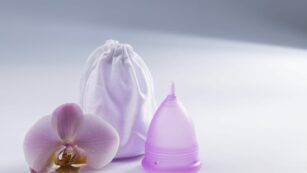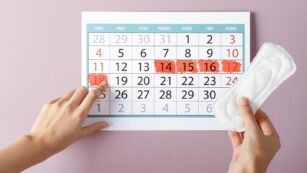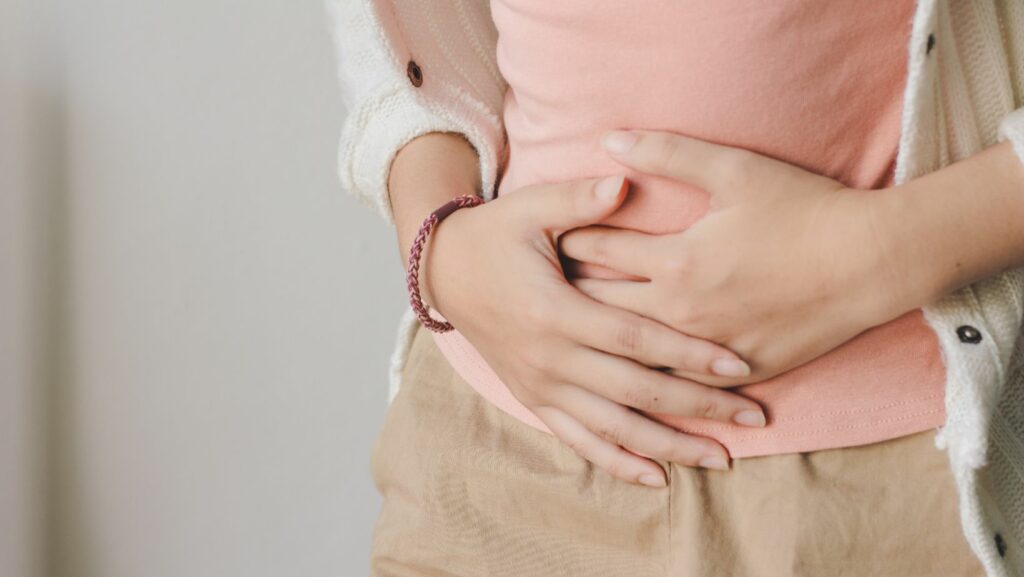Periods can be a challenging time for many, with symptoms ranging from cramps to mood swings. While it’s tempting to power through the discomfort, taking time for self-care can make a significant difference. Understanding how to nurture your body and mind during this time can transform your experience from one of dread to one of empowerment. Self-care on your period isn’t just about physical relief; it’s also about mental well-being. Simple practices like staying hydrated, eating nutrient-rich foods, and indulging in some gentle exercise can help manage symptoms and boost your overall mood. By prioritizing self-care, you can navigate your period with greater ease and comfort. Taking short naps during the day can boost energy levels.
Self Care On Period
 Staying hydrated helps alleviate common menstrual symptoms. Drinking at least 8 glasses of water daily can reduce bloating and improve digestion. Herbal teas, like chamomile and ginger, offer additional benefits by easing cramps and promoting relaxation. Consuming a balanced diet rich in vitamins and minerals supports overall health. Foods high in iron, like spinach and lentils, combat fatigue. Omega-3 fatty acids, found in fish and flaxseeds, reduce inflammation and pain. Whole grains, like brown rice and oats, stabilize blood sugar levels, preventing mood swings. Engaging in gentle exercises like yoga and walking improves circulation and reduces cramps. Low-impact activities, such as stretching and swimming, release endorphins that alleviate pain and enhance mood. Avoid strenuous workouts, as they may exacerbate fatigue. Prioritizing rest is essential during menstruation. Ensuring 7-9 hours of sleep each night aids recovery and reduces irritability. Relaxation techniques, including deep breathing and meditation, help manage stress. Taking short naps during the day can boost energy levels.
Staying hydrated helps alleviate common menstrual symptoms. Drinking at least 8 glasses of water daily can reduce bloating and improve digestion. Herbal teas, like chamomile and ginger, offer additional benefits by easing cramps and promoting relaxation. Consuming a balanced diet rich in vitamins and minerals supports overall health. Foods high in iron, like spinach and lentils, combat fatigue. Omega-3 fatty acids, found in fish and flaxseeds, reduce inflammation and pain. Whole grains, like brown rice and oats, stabilize blood sugar levels, preventing mood swings. Engaging in gentle exercises like yoga and walking improves circulation and reduces cramps. Low-impact activities, such as stretching and swimming, release endorphins that alleviate pain and enhance mood. Avoid strenuous workouts, as they may exacerbate fatigue. Prioritizing rest is essential during menstruation. Ensuring 7-9 hours of sleep each night aids recovery and reduces irritability. Relaxation techniques, including deep breathing and meditation, help manage stress. Taking short naps during the day can boost energy levels.
Physical Self Care Tips
Effective physical self-care can significantly alleviate menstrual discomfort and improve well-being. Implementing strategic practices ensures that symptoms are manageable and controlled. Managing period pain can improve overall comfort. Use heat therapy products, such as heating pads or hot water bottles, to soothe abdominal cramps. For immediate relief, over-the-counter pain relievers like ibuprofen or acetaminophen can help reduce inflammation and alleviate pain. Some find that applying topical analgesics or essential oils like lavender and peppermint to the lower abdomen can also provide comfort. Adequate rest and relaxation are essential during menstruation. Aim for 7-9 hours of sleep per night to help the body recover. Consider implementing relaxation techniques, such as deep breathing exercises, meditation, or progressive muscle relaxation, to reduce stress levels. Using calming herbal teas like chamomile or valerian root before bed can promote better sleep quality. Engaging in light physical activity can improve circulation and decrease period symptoms. Gentle exercises, such as walking, yoga, or stretching, can release endorphins, which act as natural painkillers and mood enhancers. Avoid high-intensity workouts, which may exacerbate discomfort and fatigue. Aim for 20-30 minutes of low-impact movement each day to maintain balance and promote well-being.
ensures that symptoms are manageable and controlled. Managing period pain can improve overall comfort. Use heat therapy products, such as heating pads or hot water bottles, to soothe abdominal cramps. For immediate relief, over-the-counter pain relievers like ibuprofen or acetaminophen can help reduce inflammation and alleviate pain. Some find that applying topical analgesics or essential oils like lavender and peppermint to the lower abdomen can also provide comfort. Adequate rest and relaxation are essential during menstruation. Aim for 7-9 hours of sleep per night to help the body recover. Consider implementing relaxation techniques, such as deep breathing exercises, meditation, or progressive muscle relaxation, to reduce stress levels. Using calming herbal teas like chamomile or valerian root before bed can promote better sleep quality. Engaging in light physical activity can improve circulation and decrease period symptoms. Gentle exercises, such as walking, yoga, or stretching, can release endorphins, which act as natural painkillers and mood enhancers. Avoid high-intensity workouts, which may exacerbate discomfort and fatigue. Aim for 20-30 minutes of low-impact movement each day to maintain balance and promote well-being.
Nutrition And Hydration
 Eating nutrient-rich foods and staying hydrated can alleviate many menstrual symptoms and support overall well-being during your period. Eating iron-rich foods can help combat fatigue and replenish iron levels. Examples include lean meats, spinach, and legumes. Omega-3 fatty acids, found in fish like salmon and chia seeds, reduce inflammation and pain. Magnesium-rich foods, such as dark chocolate and bananas, relax muscles and ease cramps. Consuming fruits high in water content, like watermelon or cucumber, helps with hydration and bloating. Herbal teas, particularly ginger or chamomile, can soothe digestive issues and reduce nausea. Limiting or avoiding certain foods can help minimize discomfort during menstruation. High-sodium foods, such as processed snacks and fast food, contribute to bloating and water retention. Sugary foods, like candies and pastries, cause blood sugar spikes and mood swings. Caffeine, found in coffee and some sodas, can increase anxiety and exacerbate breast tenderness. Alcohol can cause dehydration and worsen symptoms like headaches and fatigue. Reducing these foods helps maintain a balanced diet and alleviates menstrual discomfort.
Eating nutrient-rich foods and staying hydrated can alleviate many menstrual symptoms and support overall well-being during your period. Eating iron-rich foods can help combat fatigue and replenish iron levels. Examples include lean meats, spinach, and legumes. Omega-3 fatty acids, found in fish like salmon and chia seeds, reduce inflammation and pain. Magnesium-rich foods, such as dark chocolate and bananas, relax muscles and ease cramps. Consuming fruits high in water content, like watermelon or cucumber, helps with hydration and bloating. Herbal teas, particularly ginger or chamomile, can soothe digestive issues and reduce nausea. Limiting or avoiding certain foods can help minimize discomfort during menstruation. High-sodium foods, such as processed snacks and fast food, contribute to bloating and water retention. Sugary foods, like candies and pastries, cause blood sugar spikes and mood swings. Caffeine, found in coffee and some sodas, can increase anxiety and exacerbate breast tenderness. Alcohol can cause dehydration and worsen symptoms like headaches and fatigue. Reducing these foods helps maintain a balanced diet and alleviates menstrual discomfort.

